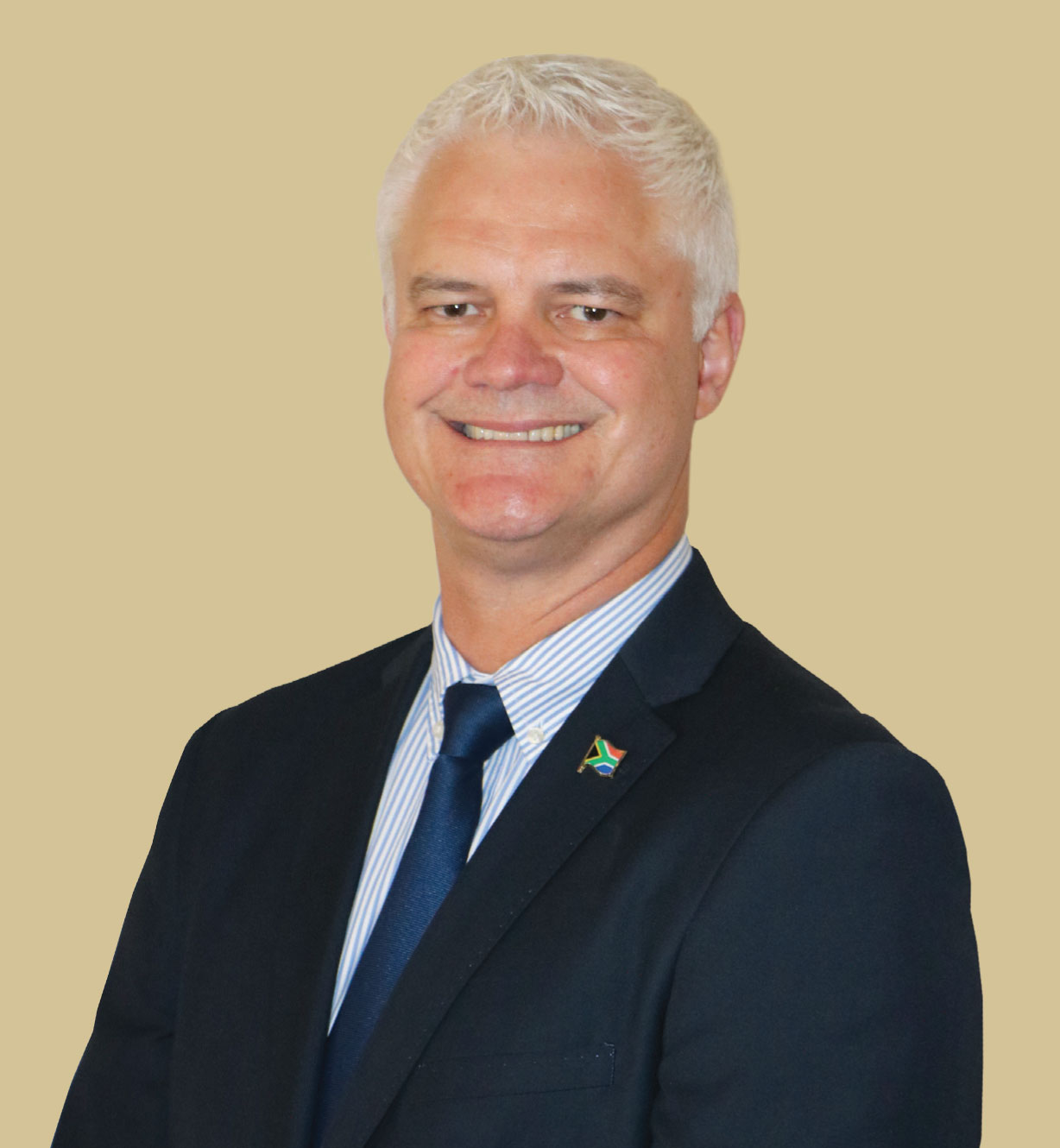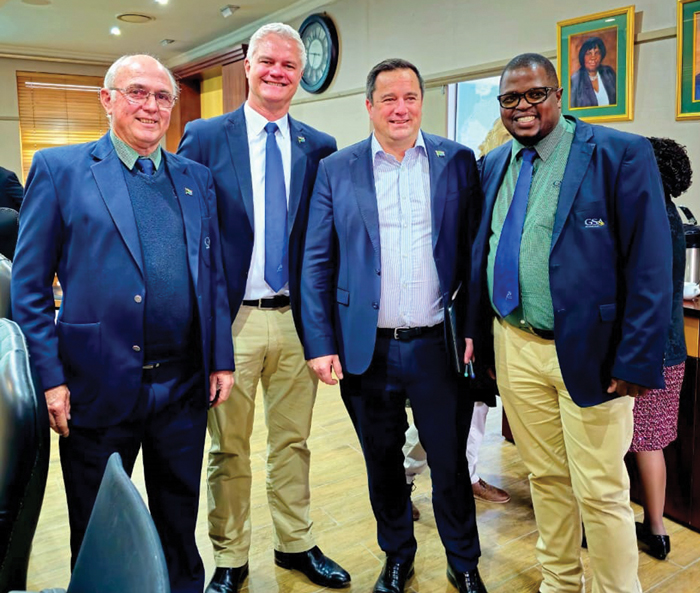
HUB, Graan SA
Most of you know that I worked in agriculture until 2009 and that I am now back after a 15-year hiatus. This has allowed me to reflect on the most noticeable changes that occurred over time, which are the agricultural sector’s relationship with government and the changes in communication and interaction.
During the first decade of South Africa’s democracy this relationship was uncertain. The private sector was concerned about new government policies, changes in legislation and regulation, and ideologies on economic policy and implementation. Meanwhile, the ANC was figuring out its governance strategy, execution styles, and structures.
The second decade was characterised by rent-seeking behaviour. The agricultural sector has escaped the worst of this era, except for a few notable cases. Agriculture’s cash is mostly locked up in assets with relatively low levels of free cash flow and very extensive geographic distribution of operations next to caring and observant neighbours – hence the notable exceptions. Minister Didiza’s integrity and strategic acuity shielded our sector to a large degree by establishing a sound foundation and leadership. Fortunately, South Africa has started moving past all that under President Ramaphosa.
I perceive a committed determination in the agricultural sector to transform it into a prosperous and inclusive sector. However, achieving success is difficult. We understand what needs to be done, but the ‘how’ remains a dynamic target.
It is astonishing how the audience and participation have grown in the agricultural political discourse. Advocacy and campaigning have changed due to social media, access to information, and modern communication methods. Information is everywhere and the public has more access to politicians and regulatory decision-makers than ever before.
Grain SA’s key challenge is advocating successfully for grain producers in this new environment by using objective truths, measurements, and trust. However, advocacy groups use fear, hope for a better future, and the accessibility to the public in this digital world filled with fake news. Government and regulatory decision-makers must sift through this noise and discern the real facts to make the best decisions for South Africa.

It’s not wise to bring a knife to a gunfight and, similarly, we will have to step up our game to communicate effectively and make sure our message remains top of mind to ensure the best possible decisions for our producers and the agricultural value chain.
I always enjoy the saying that a camel is a horse designed by a committee. Similarly, I believe that the new government of national unity will find it difficult to decide quickly and provide clear policy direction. This is the reality that we will have to operate in for the next five years.
I am, however, not disheartened. It might be easier for us to further the cause of an inclusive and prosperous agricultural sector in a multiparty environment. A multiparty government offers a platform for diverse ideas and comprehensive discussions that can lead to more balanced and inclusive policies that benefit a broader spectrum of the agricultural community.
Minister Steenhuisen, who now passionately bears the responsibility for agriculture, also leads the Democratic Alliance in the government of national unity. Agriculture will certainly be well represented in the highest echelons of government. New leadership will bring new energy and thinking to the agricultural sector and department.
However, it will be hard work. We will have to convince more diverse groups of what we are trying to achieve by operating at a new level of communication, engagement and partnership with government and political decision-makers. The reason being that many people have the same opportunity because of access to decision-making through social media, news and fake news.
At the height of the speculation about the composition of the new government, my friend Elias Barnard sent me the last words spoken by Jesus before ascending to heaven.
Acts 1:6-8: “‘Lord, are you at this time going to restore the kingdom to Israel?’ He said to them: ‘It is not for you to know the times or dates the Father has set by his own authority. But you will receive power when the Holy Spirit comes on you and you will be my witnesses in Jerusalem and in all Judea and Samaria and to the ends of the earth.’”
We at Grain SA remain steadfast in our calling to serve our heavenly kingdom, but also the sustainability and prosperity of the grain industry and the agricultural sector in South Africa, regardless of who the government of the day is.












